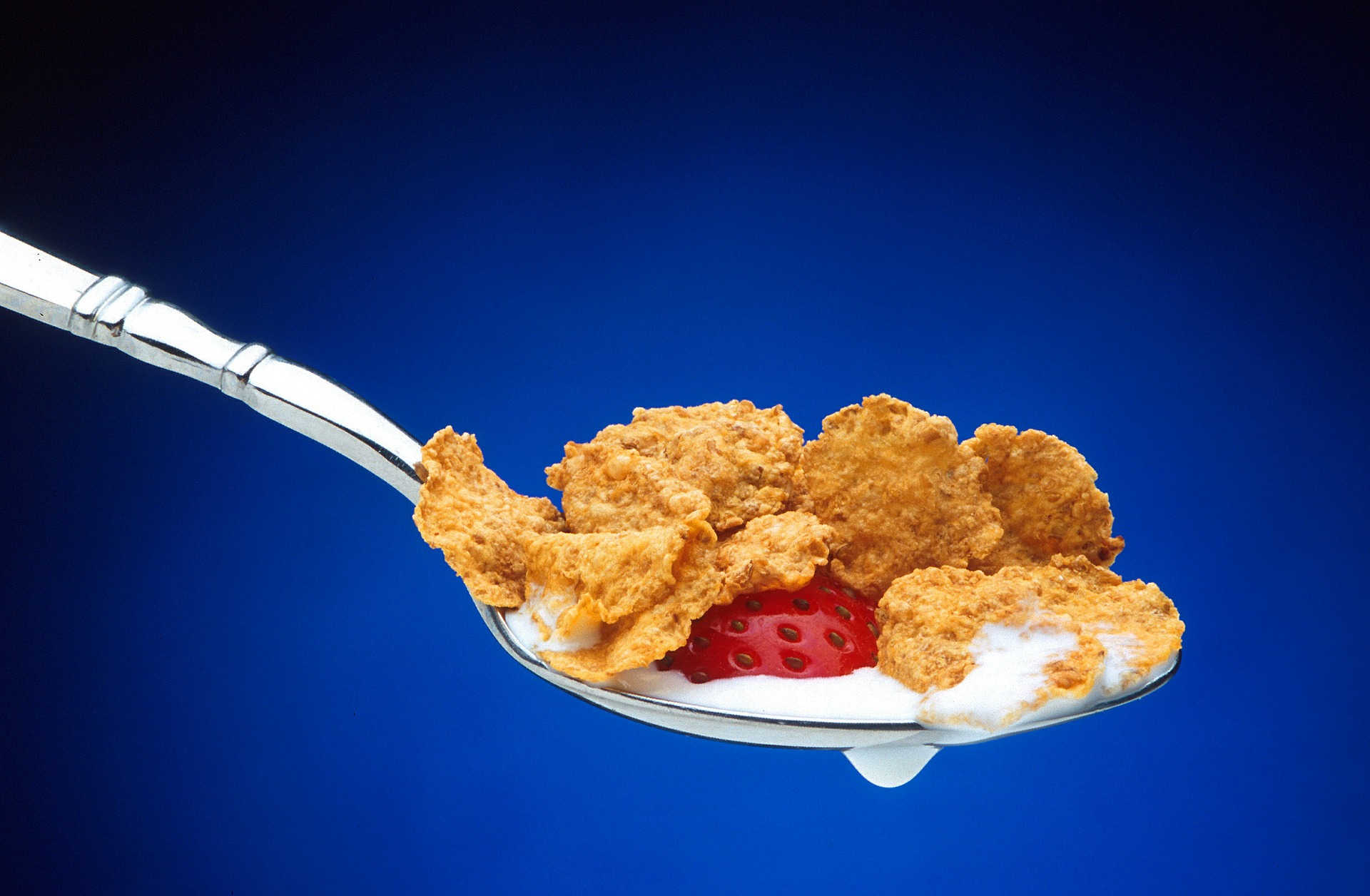
Risks of different types of stroke are caused by different types of food, according to a study published in the European Heart Journal.
To determine the foods that cause different types of stroke, researchers gathered data from more than 418,000 people in nine European countries in relation to ischaemic stroke and haemorrhagic stroke separately. Their findings show that despite being linked to a lower risk of ischaemic stroke, higher intakes of vegetables, fruits, fibre, cheese, milk, or yogurt showed no association with a lower risk of haemorrhagic stroke.
On the other hand, greater consumption of eggs could contribute to a higher risk of haemorrhagic stroke, but the result is not the same with ischaemic stroke.
Meanwhile, the total amount of fibre, such as those from fruit, vegetables, seeds, nuts, legumes, and cereals, could affect the greatest potential reduction in the risk of ischaemic stroke. Individuals can enjoy a 23% lower risk for every 10g more intake of fibre a day. For over ten years, this is equivalent to two fewer cases per 1000 of the population.
"The most important finding is that higher consumption of both dietary fibre and fruit and vegetables was strongly associated with lower risks of ischaemic stroke, which supports current European guidelines. The general public should be recommended to increase their fibre and fruit and vegetable consumption, if they are not already meeting these guidelines," said Dr. Tammy Tong, the first author of the paper and a nutritional epidemiologist at the Nuffield Department of Population Health, University of Oxford.
The study also identified a 25% higher risk of haemorrhagic stroke for every extra 20g of eggs eaten per day. This could mean 0.66 extra cases per 1000 of the population over a decade.
Moreover, eating fruit and vegetables alone could result in a 13% lower risk for every 200g consumed a day. This could record one less case per 1000 of the population over ten years.
"Our study also highlights the importance of examining stroke subtypes separately, as the dietary associations differ for ischaemic and haemorrhagic stroke, and is consistent with other evidence, which shows that other risk factors, such as cholesterol levels or obesity, also influence the two stroke subtypes differenty," Dr. Tong said.






